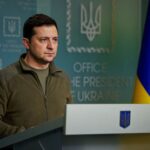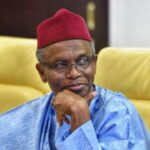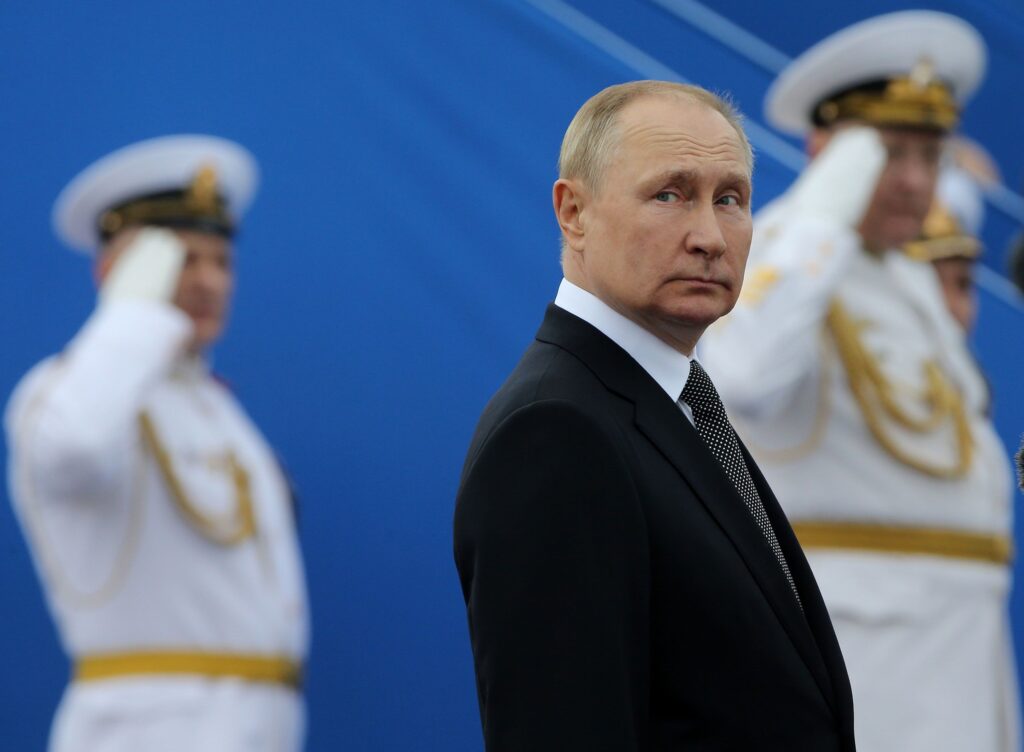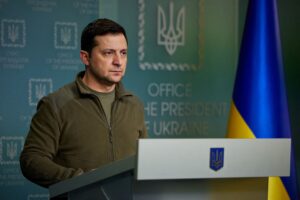President Vladimir Putin won a record post-Soviet landslide in Russia’s election on Sunday, cementing his already tight grip on power in a victory he said showed Moscow had been right to stand up to the West and send its troops into Ukraine.
Putin, a former KGB lieutenant colonel who first rose to power in 1999, made it clear that the result should send a message to the West that its leaders will have to reckon with an emboldened Russia, whether in war or in peace, for many more years to come.
The outcome means Putin, 71, is set to embark on a new six-year term that will see him overtake Josef Stalin and become Russia’s longest-serving leader for more than 200 years if he completes it.
Putin won 87.8% of the vote, the highest-ever result in Russia’s post-Soviet history, according to an exit poll by pollster, the Public Opinion Foundation (FOM). The United States, Germany, the United Kingdom and other nations have said the vote was neither free nor fair due to the imprisonment of political opponents and censorship.
Why Putin is Russia’s most significant leader in history
In September 2013, after Putin wrote a widely-criticized (in the West) op-ed for the New York Times, Brooking scholar, Fiona Hill, said that “Putin has put himself right where he wants to be.” He is, says Hill, “particularly proud” of his communications skills, honed during his days as a KGB operative.
In 2017, Fareed Zakaria, in a documentary about Putin for the CNN, he wrote: “Putin has created what he calls a ‘vertical of power,’ something unlike any we see in other great nations. As the Russian chess grandmaster Gary Kasparov – himself a harsh critic of Putin – has noted, the entire structure of Russian political power rests on one man. When the czar died, you knew the structure that would endure and the process by which his successor, his son, would be elevated. When the general secretary of the Soviet Communist Party died, the Standing Committee and the Politburo would select his successor. But when Putin dies – what will happen? No one knows.”










More Stories
Zelensky says he is ‘ready’ to resign as Ukraine president
In mass firings, Elon Musk’s DOGE demands U.S. federal employees detail work done in previous week or turn in resignations
Kidnappers abduct 60-year-old patient from Kano Neuro-Psychiatric hospital